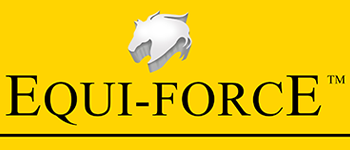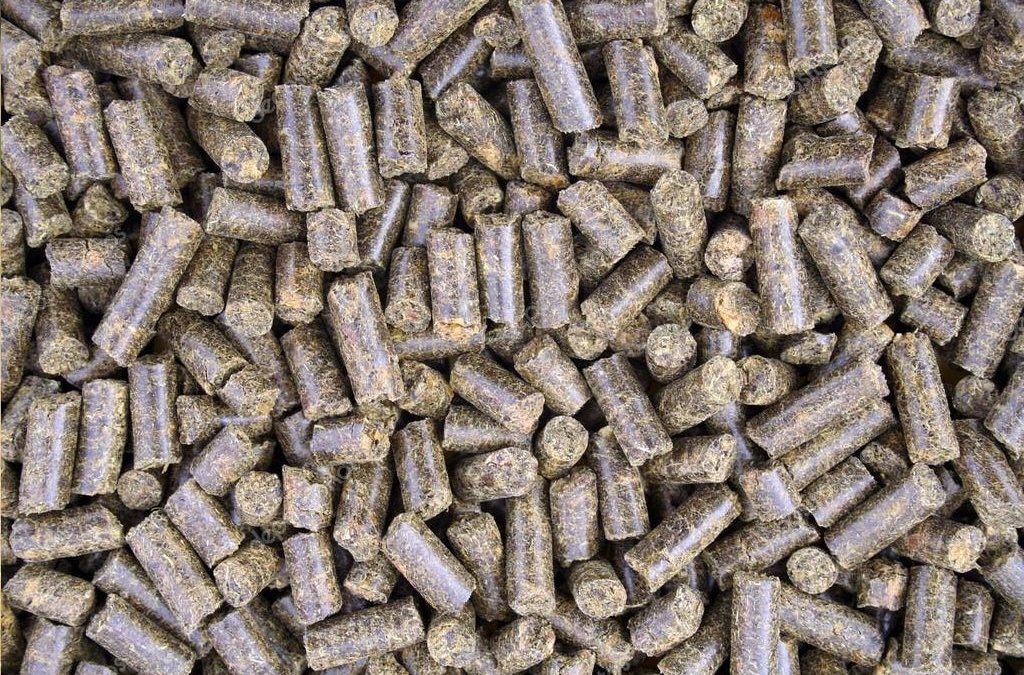There are a number of myths and misconceptions when it comes to feeding the horse. Many traditional feeding methods have been passed from generation to generation of horsemen, and while some of these methods are still useful, many are outdated and even detrimental to the horse’s nutritional health. The topic of feeding myths has been brought up before in our blog posts “The Scoop on Protein” and “The Truth Behind Bran Mash – Its Uses & Disadvantages” and now here are two more myths: “pellets cause choke” and “beet pulp must be soaked”.
Myth – Pellets Cause Choke
The thought that pelleted horse feed can result in choking is a falsehood. Pellets don’t cause choke; horses that eat too fast cause choke. When horses become overly hungry due to long periods with nothing to eat, are fed in close proximity to their neighbors, or feel threatened eating in a field, they tend to become very aggressive when eating. Choke is a behavioral problem, not a “form of feed” problem.

The key to preventing aggressive eating is to change the management of the horse. This can be done by:
- Increasing turnout time and/or grazing time
- Increasing feeding frequency
- Feeding smaller portions of feed
- Separating an aggressive horse from the herd when being fed
- Making sure horses do not become overly hungry from spending long periods of time with nothing to eat
Another management technique you can utilize is feeding in a shallow trough or pan with large smooth stones that prevent the horse from getting a large mouthful of feed; this can be done in conjunction with the aforementioned techniques.
Myth – Beet Pulp Must be Soaked
The common myth that beet pulp (either in shredded or pelleted form) must be soaked is also untrue. As a matter of fact, most commercial textured feed mixes on the market today contain beet pulp as an ingredient and these feeds are not soaked before feeding.
Feeding beet pulp un-soaked to a horse does not cause it to expand in the stomach to the point of rupture due to absorption of water and does not cause choke in a horse with normal eating behavior. Beet pulp has about the same amount of dry matter as alfalfa hay and therefore soaks up a similar amount of fluid when ingested.
In most cases, if beet pulp is fed alone instead of as part of a pre-mixed feed, it is more palatable if it has been soaked. Soaked beet pulp is also a great carrier for feeding medications and supplements to horses. But it is absolutely not true that it will cause choke or gastric rupture if fed dry to a horse that does not eat too fast.
This blog post was originally posted on Thursday, March 15th, 2012 at Equine Nutrition and Health Services Blog. Blog article was re-posted with permission from blog owner, all rights reserved.

